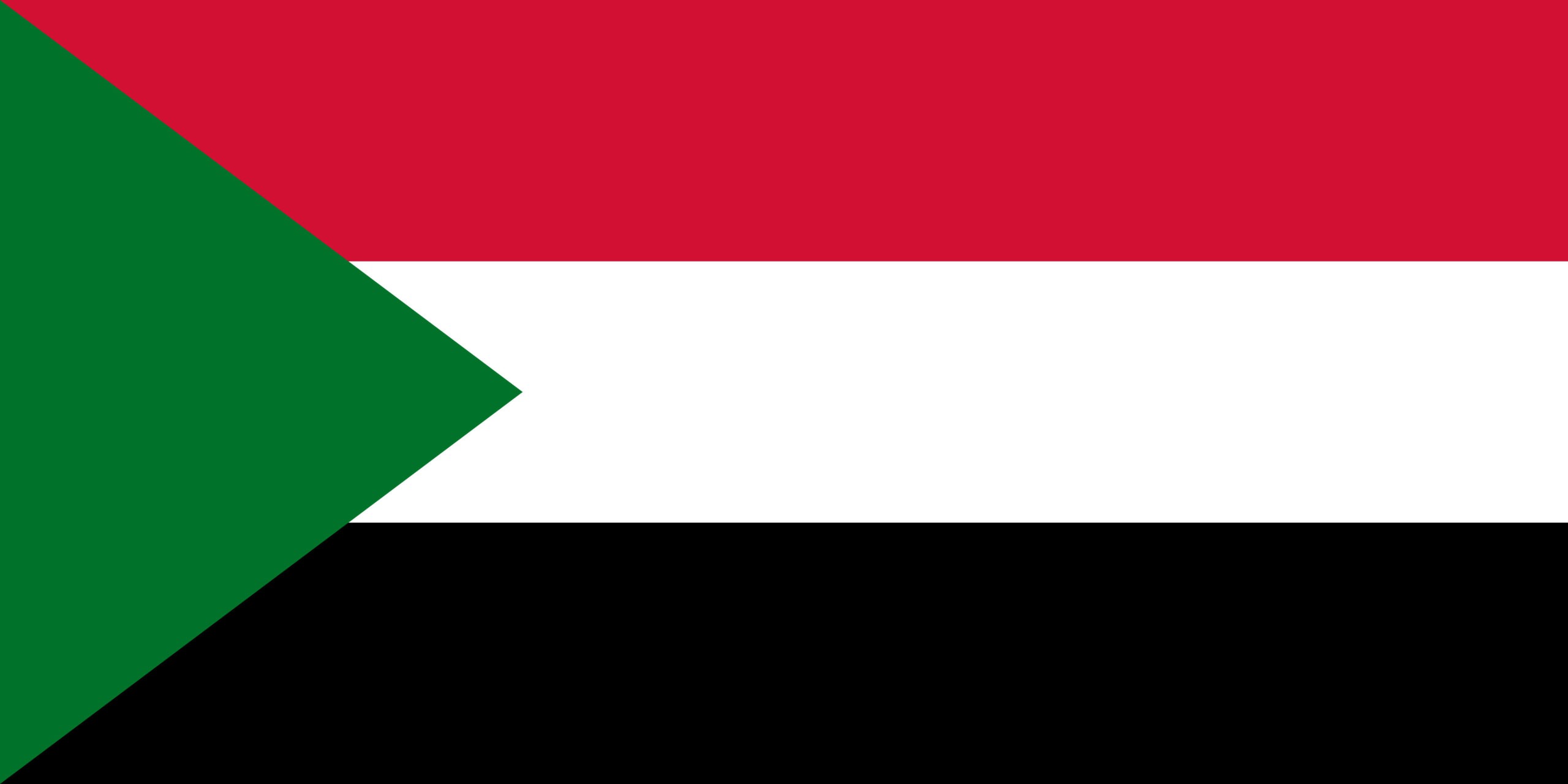
Warnings of Imminent Attack on El Fasher
- On April 29, after an emergency meeting of the United Nations Security Council (UNSC), United States Ambassador and Representative to the United Nations Linda Thomas-Greenfield warned that the Sudanese city of El Fasher is “on the precipice of a large-scale massacre.”
- She advocated for direct negotiations between the Rapid Support Forces and government forces to de-escalate the violence.
- She also expressed the need for regional powers to stop providing weapons to the warring parties.
- On April 26, the UN warned that Sudan’s Rapid Support Forces (RSF) are reportedly encircling El Fasher and that “a coordinated move to attack the city may be imminent.”
- Another alert on Friday cited that the RSF and Sudanese Armed Forces (SAF) had launched indiscriminate mortar shell and rocket attacks in residential districts.
- In the past two weeks, dozens of people have been killed in and around the city, and concern exists that attempts to escape will result in increased fatalities.
- El Fasher, now host to about 1.8 million people, is the former capital of the precolonial kingdom of Darfur and the last major city held by Sudan’s military in Darfur. Accordingly, it represents the “last obstacle to total R.S.F. domination of the region.”
- Analysts warn that a battle over El Fasher could be protracted, as it serves as a historic center of power, and could heighten ethnic tensions.
- Experts note that the RSF likely controls the north, east, and west roads into the city, meaning that civilians are trapped and the armed forces do not have a ground route for resupply.
- Last year, the RSF and its allies were accused of ethnically-driven killings of non-Arabs as they swept across the four other capitals in Darfur.
- Thousands of African Zaghawa, Masalit, Fur, and other non-Arab ethnic groups reside in El Fasher.
Emergency UN Security Council (UNSC) Meeting
- On April 29, the UNSC held closed consultations on security and humanitarian issues in Sudan.
- The meeting initially planned to discuss Sudan’s allegations that the United Arab Emirates (UAE) has provided military aid to the RSF, but such deliberations were postponed until May.
- Sudan had requested an emergency UNSC meeting on April 27 regarding the UAE’s alleged ties to the RSF.
- Sudan’s Permanent Representative to the United Nations, Ambassador Al-Harith Idris, has emphasized that such actions would constitute a breach of the United Nations Charter, the Charter of the League of Arab States, and UN resolutions concerning the Darfur region.
- The UAE maintains that the allegations of its “involvement in any form of aggression or destabilisation in Sudan, or its provision of any military, logistical, financial or political support to any faction in Sudan, are spurious, unfounded, and lack any credible evidence to support them.”
What is Driving Sudan’s Civil War?
- Fighting between the Sudanese Armed Forces (SAF), headed by General Abdel Fattah al-Burhan, and paramilitary Rapid Support Forces (RSF), led by Mohamed Hamdan “Hemedti” Dagalo, broke out in the Sudanese capital of Khartoum in April 2023. Violence soon spread to other cities and the Darfur region.
- While al-Burhan and Hemedti cooperated to topple the Omar Al-Bashir regime in 2019 and later orchestrate a 2021 military coup, disagreements arose over the RSF’s integration into the SAF and who would assume leadership of the military.
- A power struggle ensued between the factions.
- The conflict has since killed nearly 15,000 people and displaced over 8.2 million.
- A humanitarian crisis has left half the population in need of humanitarian aid and protection, and nearly 18 million people face acute food insecurity.
